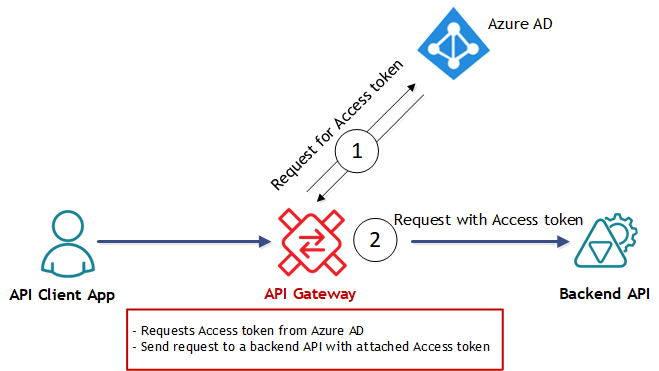Subtotal $0.00
In today’s digital world, web applications rely heavily on APIs (Application Programming Interfaces) to enable communication between various services and platforms. While APIs are essential for connecting systems, they also introduce security vulnerabilities if not managed properly. API management plays a crucial role in ensuring that web applications remain secure by providing tools and practices for protecting data and preventing unauthorized access.
This article will explain how API management enhances the security of web applications, focusing on key strategies that can safeguard sensitive information and maintain system integrity.
Centralized Authentication and Authorization
One of the most important security features provided by API management is centralized authentication and authorization. Rather than allowing each API to handle its security protocols, API management platforms consolidate these tasks, ensuring consistency across all services.
By implementing token-based authentication (such as OAuth or JWT), the platform verifies the identity of users and ensures that only authorized parties can access specific data. This centralization simplifies security and reduces the risk of vulnerabilities caused by inconsistent or outdated security measures in individual APIs.
Rate Limiting and Throttling
API management platforms also enhance security by implementing rate-limiting and throttling mechanisms. These features prevent users or bots from overwhelming your system with an excessive number of requests, which could lead to distributed denial-of-service (DDoS) attacks. Rate limiting restricts the number of API calls a user or application can make within a specific time frame, helping to maintain system performance and prevent misuse.
Throttling, on the other hand, controls the flow of traffic by slowing down responses when a user exceeds their allowed request limit. These safeguards help prevent malicious attacks and ensure that your APIs remain stable and responsive.
Data Encryption and Secure Transmission
To protect sensitive information, API management platforms enforce encryption during data transmission. By requiring that all communication between APIs and users occurs over secure protocols like HTTPS, these platforms ensure that data is encrypted and shielded from unauthorized access or interception. In addition to encrypting data in transit, API management solutions can also offer support for encrypting data at rest, further securing the information stored within your system. These encryption measures are critical for protecting user privacy and complying with industry regulations such as GDPR and HIPAA.
Monitoring and Threat Detection
API management platforms often include monitoring and analytics tools that provide insights into API usage, performance, and potential security threats. By continuously tracking API activity, these tools can identify unusual behavior, such as an unexpected spike in traffic or unauthorized access attempts.
With real-time monitoring, you can detect security breaches early and take immediate action to mitigate the damage. Many API management platforms also offer alerting features, notifying administrators when potential threats are detected, and enabling quicker responses to potential security incidents.
Conclusion
API management is essential for enhancing the security of web applications by centralizing authentication, enforcing rate limiting, encrypting data, and providing monitoring tools. By implementing these strategies, businesses can protect their systems from unauthorized access, data breaches, and attacks, while maintaining the efficiency and performance of their APIs.
With the increasing reliance on APIs in web applications, investing in a robust API management solution is key to ensuring the security and integrity of your online services.











